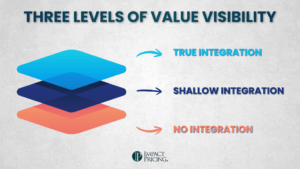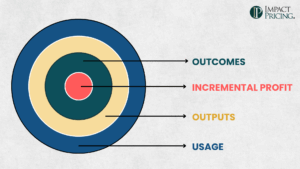You can listen to the full audio version of this blog we call — Blogcast.
Most companies want to increase market share and grow profits. These are often contradictory goals. Raising prices grows profits while potentially reducing share. Reducing prices does the opposite.
Of course, some decisions help you with both. For example, implementing price segmentation helps you sell at higher prices to those willing to pay more, while still winning more price-sensitive customers.
But what if you could only choose one goal? Which goal is most important to you? I personally would almost always choose profit over share. If you are a sole proprietor, this means you can buy more planes. (OK, I’m biased.) If you’re a publicly held company, profit projections drive your stock price. If you’re a startup, expected future profits drive your valuation.
OK, on that last one, startups, I might prioritize share early on as long as there is a clear path to turning share into massive profitability. Or, I might prioritize sharing one item if there is a clear path to monetizing it another way. (Think network TV selling advertisements.)
My favorite example of this trade-off is the mobile phone market. Did you know that Google’s Android has 72% worldwide market share? That’s incredible. At the same time, Apple makes 85% of the industry profits. That’s even more incredible. To be fair, Google uses their market-leading position to make money by selling ads. But simply looking at industry profits, Apple wins.
The question for you is, what’s your goal? Is your company aligned to this goal? Whichever your goal is, your pricing decisions can help you achieve it. Be clear.
Share your comments on the LinkedIn post.
Now, go make an impact!
 Tags: business, price, price segmentation, pricing, profit
Tags: business, price, price segmentation, pricing, profit













